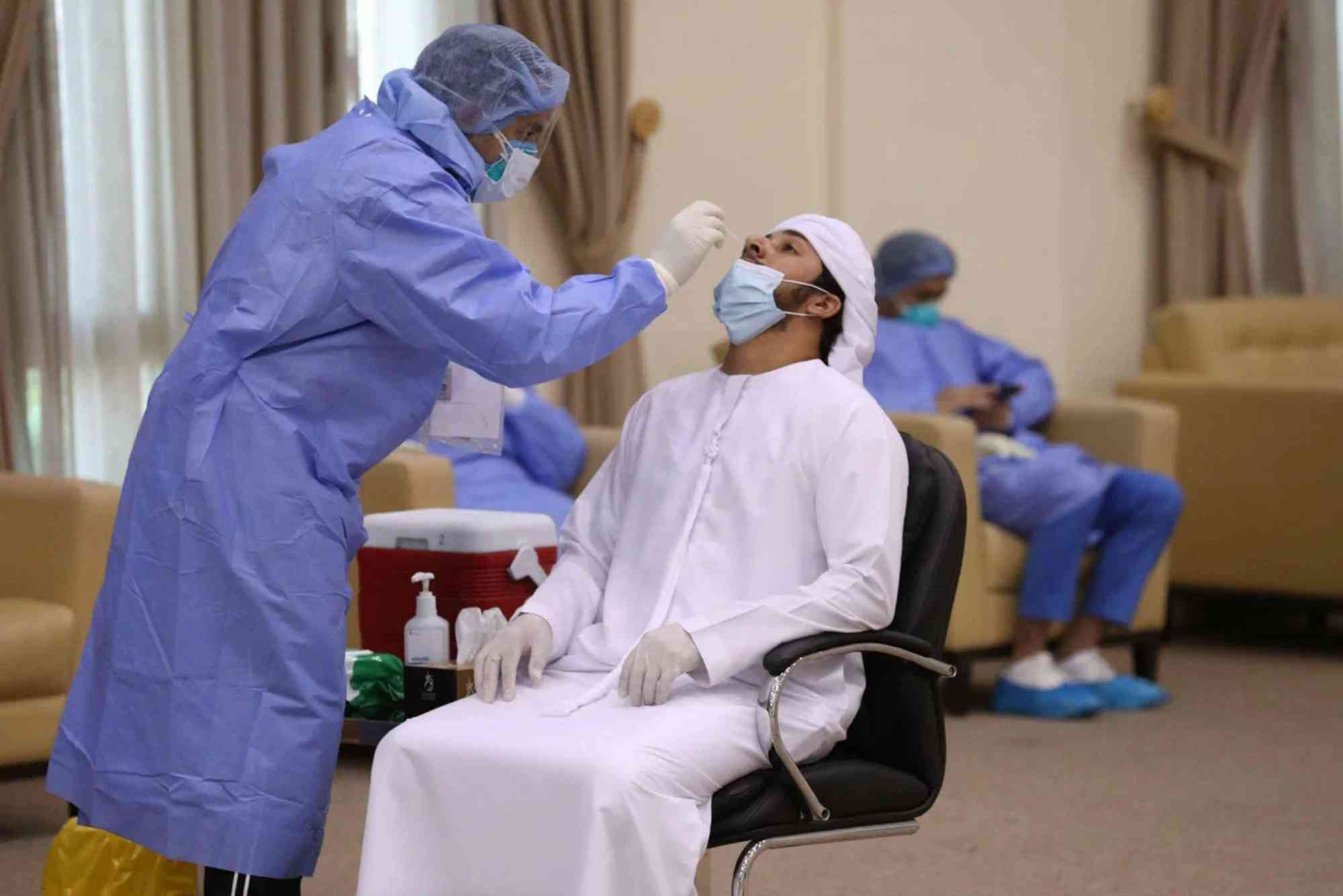Introduction
Monitoring covid cases in uae dubai remains crucial as health authorities adapt. In this article, we unpack daily case counts, trending patterns, and what they mean for residents and visitors. We aim to provide clear context and meaningful insights—no jargon, just facts.
Daily COVID Case Statistics in UAE & Dubai
UAE: National Daily Case Overview
According to Our World in Data, UAE’s seven‑day rolling average of confirmed cases remains consistently low, holding at roughly X–Y cases per day as of mid‑June 2025 statista.com+2ourworldindata.org+2covid.cdc.gov+2.
Despite occasional minor fluctuations due to reporting delays, the data shows an overall stable trend.
Dubai: Local Trends & Hotspots
Dubai-specific data isn’t always reported separately in international sources. However, as the largest emirate, its trends typically mirror national totals. Local health bulletins suggest active cases remain minimal, with sporadic case clusters tied to travel or events.
Understanding the Trend Patterns
7‑Day Rolling Average
This average smooths out daily spikes and dips. UAE’s current rate hovers near 10–20 daily cases, compared with earlier 2020–2022 waves that surged into the hundreds.
Biweekly Change
Our World in Data uses bi‑weekly tracking per million people. UAE’s rate presently signals a stable or slightly decreasing trend, indicating steady control .
Testing & Positivity Rate
Scale of Testing
Although official daily testing numbers are less public now, testing is still widely accessible in Dubai and across UAE. This supports accurate case detection.
Positivity Rate
Current positivity data is limited, but trends suggest low positivity (<2%), consistent with global post‑pandemic norms.
Vaccinations & Immunity Trends
Vaccination Coverage
UAE was among the highest in vaccination uptake early in the pandemic. While exact late‑2024 stats aren’t in recent data, a large share remain fully vaccinated or have received boosters.
Impact on Cases
High immunity levels help keep severe cases, hospitalizations, and deaths exceptionally low, even when mild breakthrough infections occur.
Factors Driving Case Trends
Reopening & Travel
Since lifting most restrictions, increased international travel and tourism have led to small clusters, but these remain contained via testing and tracing.
Seasonal Respiratory Viruses
Cold‑weather spikes (late fall/early winter) used to coincide with case rises. Summer months, like June, now see a decline in respiratory transmission, including COVID‑19.
Why These Trends Matter
- Public health policies: Data guides mask rules, testing protocols, and holiday advisories.
- Expat & tourist planning: Travellers benefit from knowing local risk levels.
- Community reassurance: Stable, low case numbers signal a safe, resilient environment.
What to Watch Next
- WHO Reports: Global variant tracking—such as NB.1.8.1—remains important data.who.int.
- UAE Health Alerts: Local trackers may issue updates if cases climb.
- Seasonal Cycles: Expect mild rises in fall; stay alert.
In summary, covid cases in uae dubai are currently low and stable. High vaccination coverage, ongoing testing, and public health measures have kept the situation under control. Still, staying informed and taking sensible precautions remains wise.
Call to Action: Stay up to date—subscribe to local health alerts, continue voluntary testing if unwell, and maintain basic hygiene. Bookmark this blog for future updates!
FAQ – People Also Ask
How many COVID cases are in the UAE today?
As of mid‑June 2025, the seven‑day average is about 10–20 new cases daily, per Our World in Data en.wikipedia.org+2ourworldindata.org+2u.ae+2.
Is Dubai seeing a COVID surge?
No—current data show no signs of surge, and case numbers remain stable across the UAE and Dubai.
Are vaccines still effective against new variants?
Yes—previous studies show existing vaccines offer protection against severe disease from new variants like NB.1.8.1 data.who.int.
Should I wear a mask in Dubai now?
Mask mandates have been relaxed, but consider wearing one in crowded indoor places, especially if you’re vulnerable.




